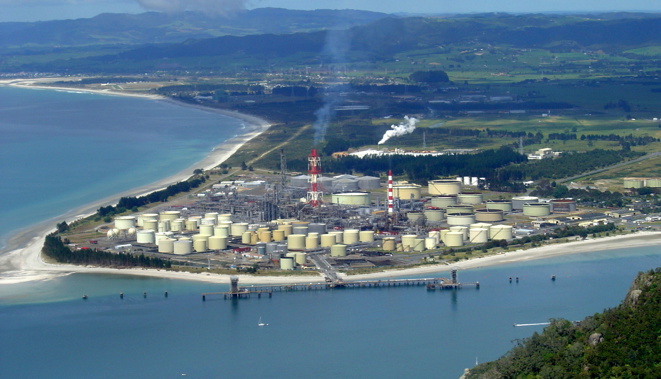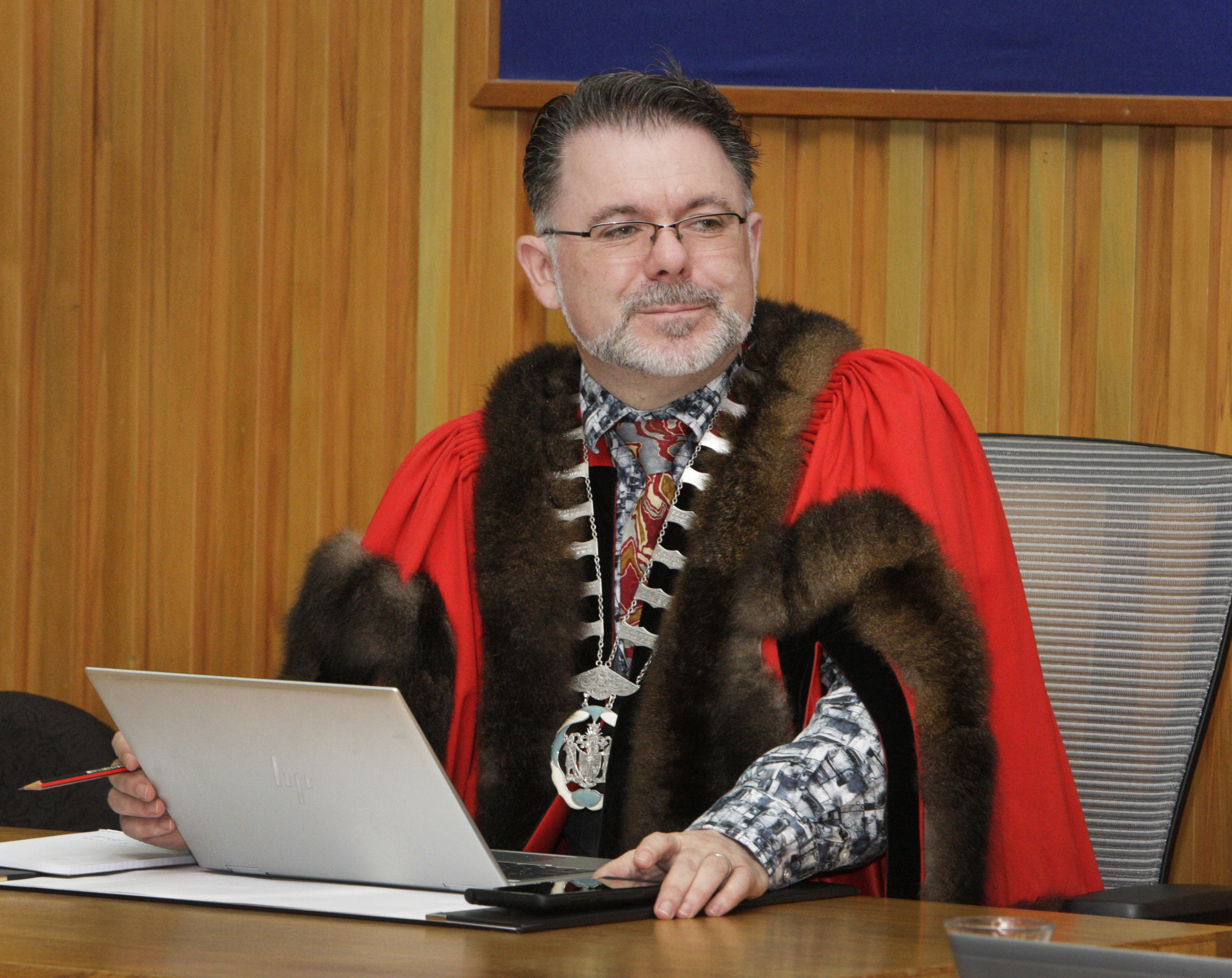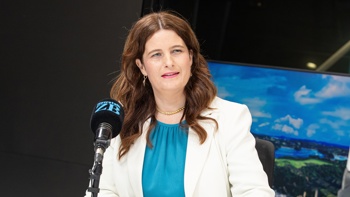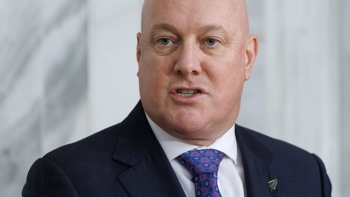
The Government is considering to reopen the Marsden Point oil refinery and it's music to the ears of Northland, whose leadership anticipates "no real downsides" despite the potential billions it would cost to re-fire.
Associate Energy Minister Shane Jones announced on Wednesday the Government would be, as part of its coalition agreement, investigating the possibility of reopening the plant. He said New Zealand moving on from its reliance on fossil fuels was “the stuff of fairy tales”.
The privately owned refinery was New Zealand’s only fuel refinery until it was decommissioned in 2022 to become an import-only fuel terminal under the name Channel Infrastructure.
Marsden Point, a flat peninsula on the southern head of Whangārei Harbour was the home of the country's only oil refinery until it was decommissioned in 2022, becoming an import-only fuel terminal under the name Channel Infrastructure.
Whangārei Mayor, Vince Cocurullo told Newstalk ZB Plus he was in favour of the plant reopening, considering the vast benefits it provided during its days of function.
"Marsden Point was a large employer for our District, it was a significant contributor to our region’s GDP and provided business development opportunities for businesses," he said.
"Provisional estimates from Infometrics showed a drop in GDP for the December 2023 quarter, with economic activity falling 2.9 per cent per annum from the year before. Most of this decline is due to the closure of the [the oil refinery]."
Cocurullo also said from a national point of view, the district was feeling the loss of carbon dioxide and bitumen which were valued by-products of the refining process.
"The need to import bitumen for our road maintenance has added a significant cost to roading and infrastructure for our district."
When asked by ZB Plus what the implications would be on the district if the refinery was ever re-opened, Cocurullo said there was "no real downside".
He said the refinery was Whangārei's largest water consumer, using approximately 50% of the water produced in Bream Bay, which made is a significant revenue stream for the district council.
This was reflected in the city's water rates, the impact was lasting after the refinery was closed.

"Should the refinery reopen, we would see this revenue stream pick up again - and it would be likely that the proposed increase in water rates, which are signalled across the 10 years of the 2024-2034 Long Term Plan, might be less."
Cocurullo also mentioned possible environmental benefits to the refinery's return.
"There are opportunities to look at transitioning to greener fuels, there is a feasibility study around sustainable aviation fuel, and there are opportunities around solar farming in the area."
Shane Jones spoke to The Mike Hosking Breakfast this morning, he said that even if Marsden Point wasn't able to be reopened the country could still have an energy resilience plan that worked.
He said Kiwis were prepared to use coal and gas to keep the lights on and wanted to keep their cars turning over, so exploring Marsden Point was part of finding long-term solutions.
"We've got to get over this dramatization and catastrophization that New Zealand is suddenly going to abandon hydrocarbon fuels," he told Hosking.
"We're going to need gas [and] coal to keep the lights on until we have enough renewable energy...my say is I'll have coal before the doll."
Hosking asked if there was a number Jones had in mind that would be possible to spend to get Marsden back up and running, but Jones was reluctant to provide one.
"Look, we're living in a time where ministers are looking for fifty-cent pieces down the back of the sofa to ensure the sails of this state are trimmed correctly. So I don't want to pluck a number out of the air," he said.
"But I want everyone to know that fuel resilience is going to cost...At this stage, I'm not of the view the taxpayer should pay for it, and a part of that is investigating whether or not we should have a crack at putting the refinery back in New Zealand, but only if it's affordable."
Take your Radio, Podcasts and Music with you









